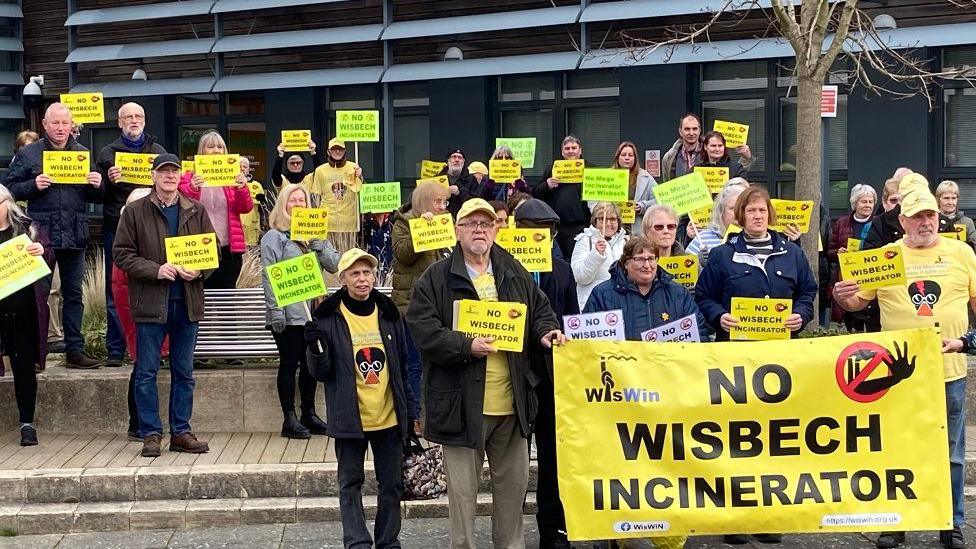Devon councils burning 'majority of their waste'
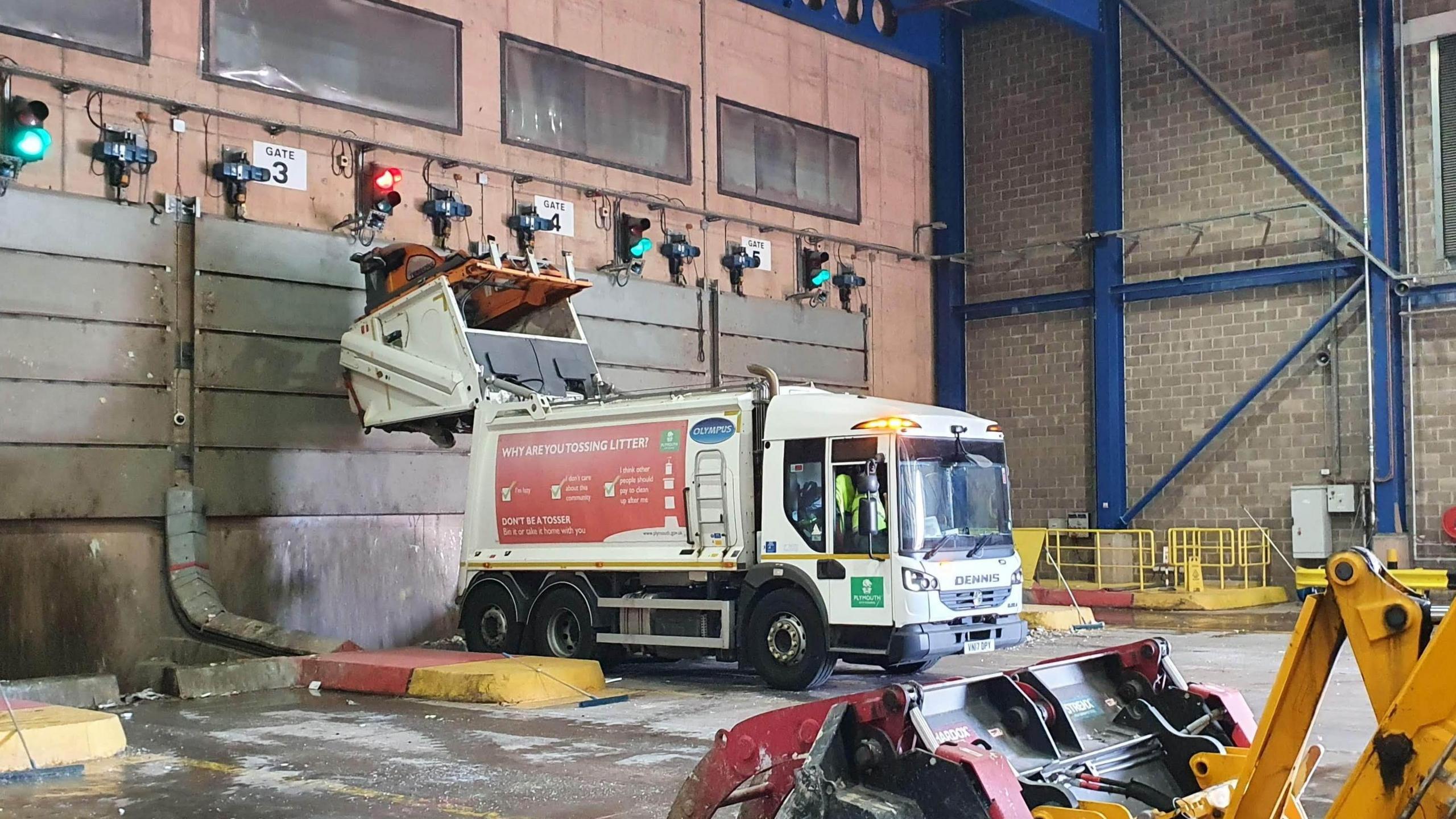
Figures show rubbish being trucked in from all over Devon to be incinerated at Devonport’s Energy from Waste facility
- Published
Councils across Devon are recycling less of the rubbish they collect and burning far more.
Burning household rubbish in giant incinerators to make electricity is now the dirtiest way the UK generates power, BBC analysis has found.
Plymouth and Torbay are among four councils that went from incinerating nothing at all 10 years ago to burning the majority of their waste.
However, according to the Local Democracy Reporting Service, energy-from-waste companies argue their methods are far better for the environment than landfill.
Research carried out by the BBC Shared Data Unit said councils around the country are bound into decades worth of contracts with companies to burn black bag waste.
Over the past decade, local authorities have reduced household waste sent to landfill, but the investigation said the alternative many councils use, may not be the green solution it has been sold as.
New figures show rubbish being trucked in from all over Devon, to be incinerated at Devonport’s Energy from Waste facility, with Devon County Council, Plymouth City Council and Torbay Council all using its furnaces.
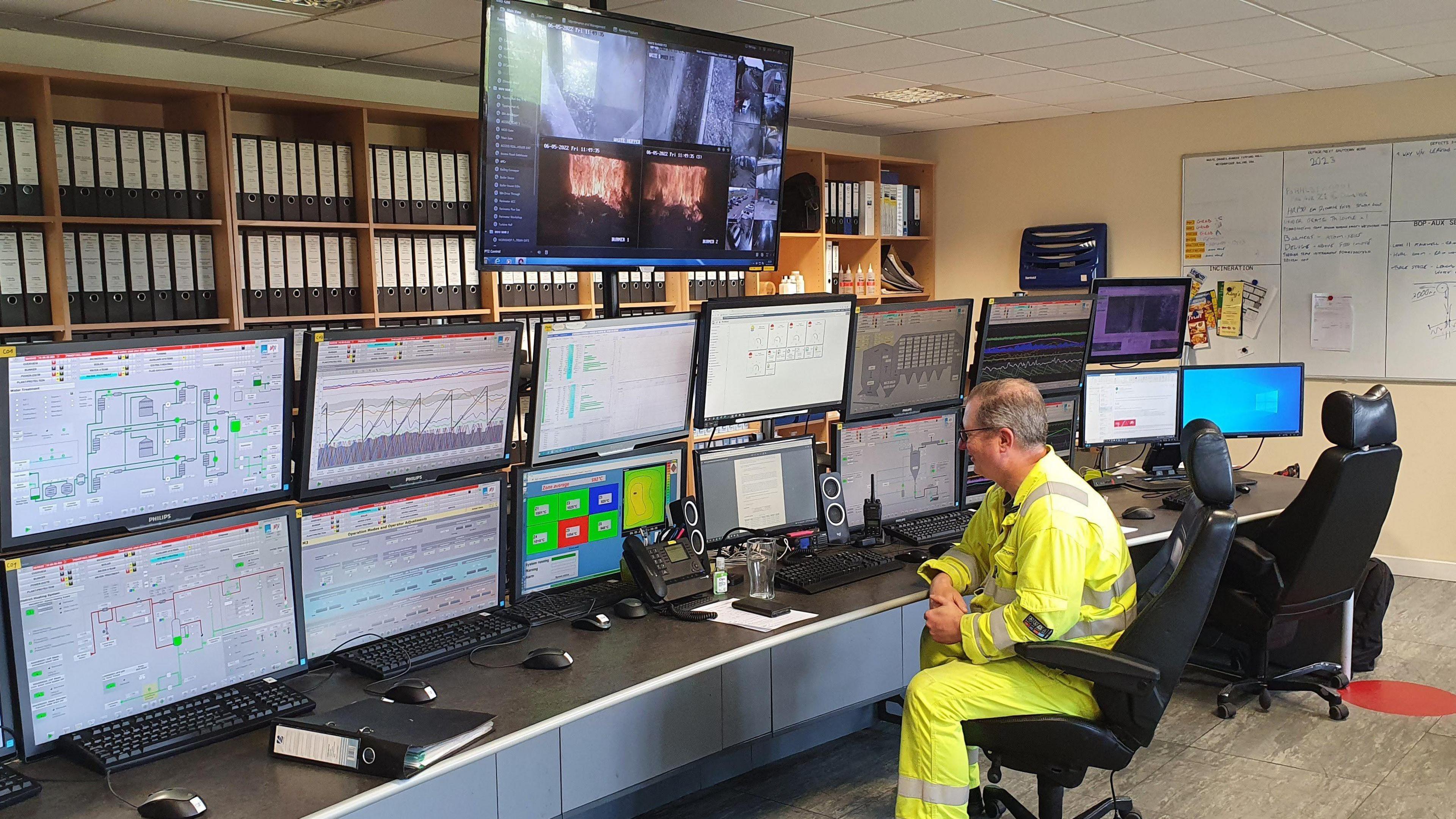
Devon’s contract with MVV still has 15 years to run, while Plymouth and Torbay are contracted until 2052
How the figures stack up
Devon County Council’s recycling has fallen 1.4% since 2015 to 52.4%. In 2015 it sent 31% of waste to landfill and incinerated 13%. By 2023 landfill had dropped to 3.4% but incineration had increased to 43%.
Recycling in Plymouth has decreased around 4% to 34%. Back in 2015 Plymouth City Council recycled 38% of its waste, landfilled 62%, and incinerated nothing. By 2023 it was burning 66% of its waste.
Torbay’s recycling has fallen by 3.5% since 2015 to 37%, but the amount of rubbish it sends to landfill is now zero, down from 59% in 2015.
Incineration of the bay’s non-recycled rubbish over the same period has gone from zero to 63%.
'Reduced emissions'
Devon County Council, Plymouth and Torbay are all members of the South West Devon Waste Partnership, which has a £436m contract with MVV Environment, the company that runs the Devonport plant.
The Department for the Environment (DEFRA) says energy from waste has played an essential role in moving England away from landfill, and emission limits are set well below the level above which harm to the environment or human health could occur.
A DEFRA spokesperson said: "We are committed to cutting waste and moving to a circular economy so that we re-use, reduce and recycle more resources and help meet our emissions targets."
A spokesman for MVV said greenhouse gas emissions from energy-from-waste plants compared favourably to those from landfill.
"Since 2015, MVV has been treating waste that previously went to landfill – that is waste left over after all efforts have been made to reduce, reuse and/or recycle it.
"Maximum emission limits have been reduced in the last year and we operate within them."
Devon’s contract with MVV still has 15 years to run, while Plymouth and Torbay are contracted until 2052.
'No completely environmentally-friendly way'
A Plymouth City Council spokesperson said: "In 2015, we changed the way we treated our non-recyclable waste from burying it all in landfill sites to processing it in our newly built energy-from-waste plant.
"Not only does incinerating our waste significantly reduce the long-term environmental impact of landfill, it also generates power and heat for the nearby dockyard.
"But the truth is that at the moment there is no completely environmentally-friendly way of disposing of waste.
"The only way to mitigate for this is to reduce the amount of waste we generate as a city and, as detailed in our Net Zero Action Plan, we are committed to finding ways of increasing our recycling rate while working with partners to develop a wider culture of reduce, reuse and recycle."
'Significant reduction'
A spokesperson for Torbay Council said: “Encouraging people in Torbay to reduce their waste, reuse what they can, and recycle more is a priority, as part of our ongoing work to reduce the Bay’s carbon footprint."
They said the figures seen by the BBC Shared Data Unit were for 2021/2022 and the date for 2023/2024 showed the recycling rate had increased to 40.1%.
The spokesperson said: "There has also been a significant reduction in residual household waste disposed of in Torbay – in 2015/16 there was 517.62kg per household and by 2023/24 this had reduced to 504.26kg per household."
They said there had been a small drop in recycling during the pandemic, but since then there had been a "significant reduction" in waste being sent to landfill and recycling rates were increasing with the council working to ensure these trends continued.
Follow BBC Cornwall on X (formerly Twitter), external, Facebook, external and Instagram, external. Follow BBC Devon on X (formerly Twitter), external, Facebook, external and Instagram, external. Send your story ideas to spotlight@bbc.co.uk, external.
- Published15 October 2024
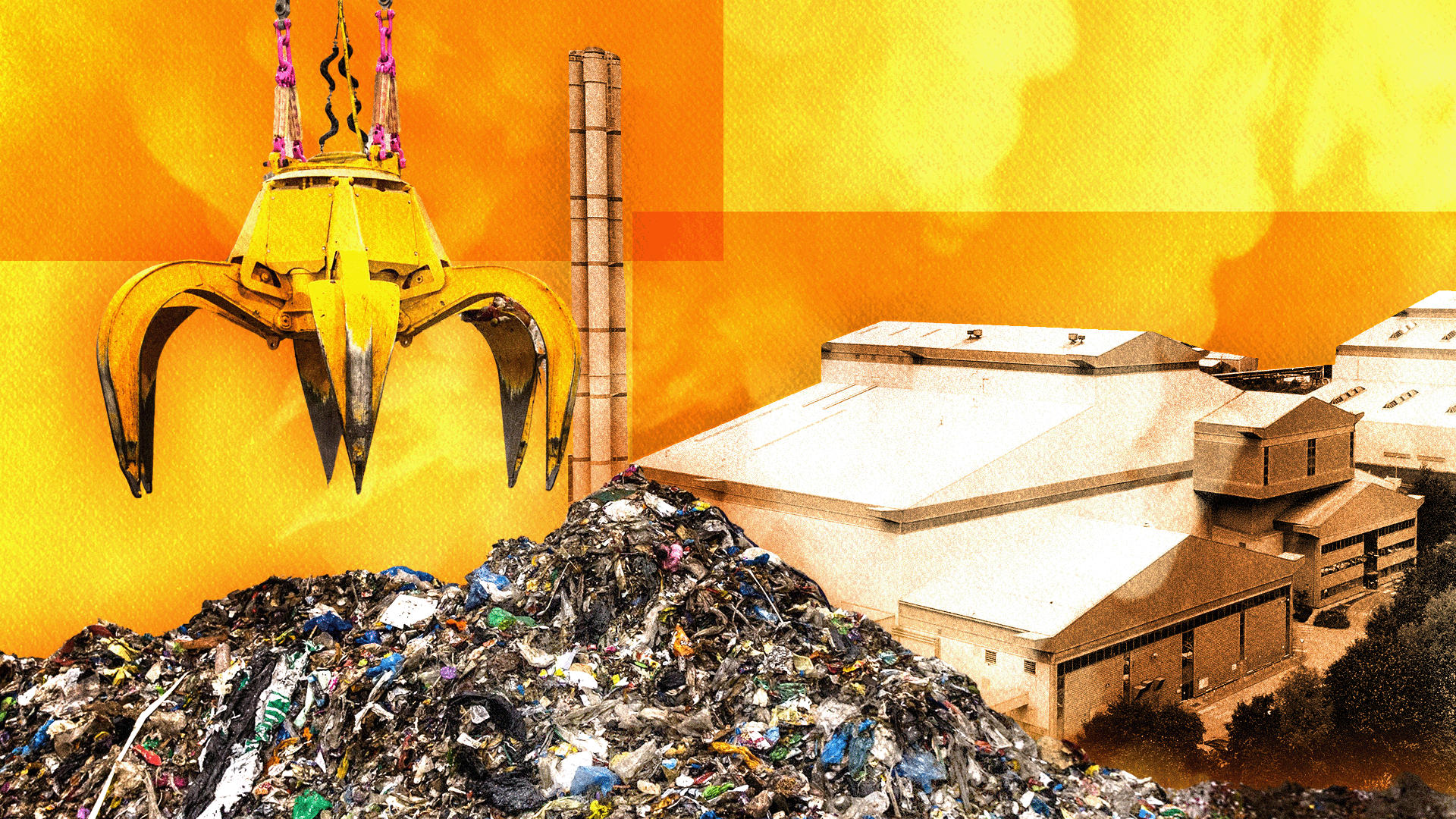
- Published20 September 2024
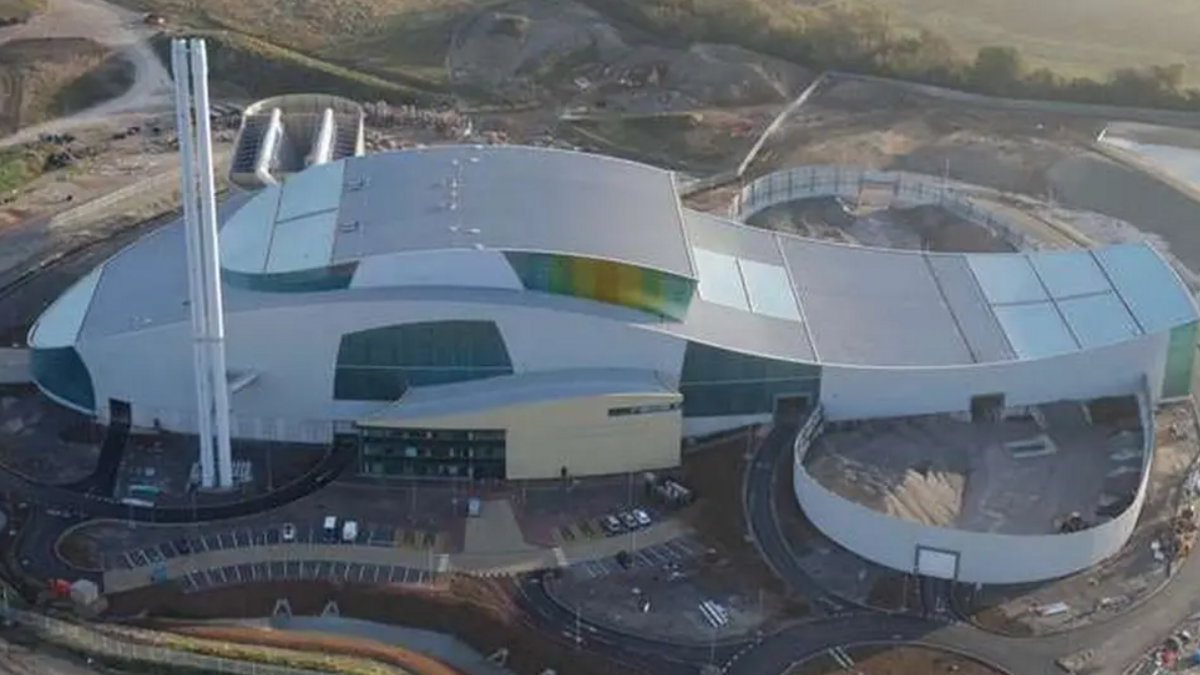
- Published3 September 2024
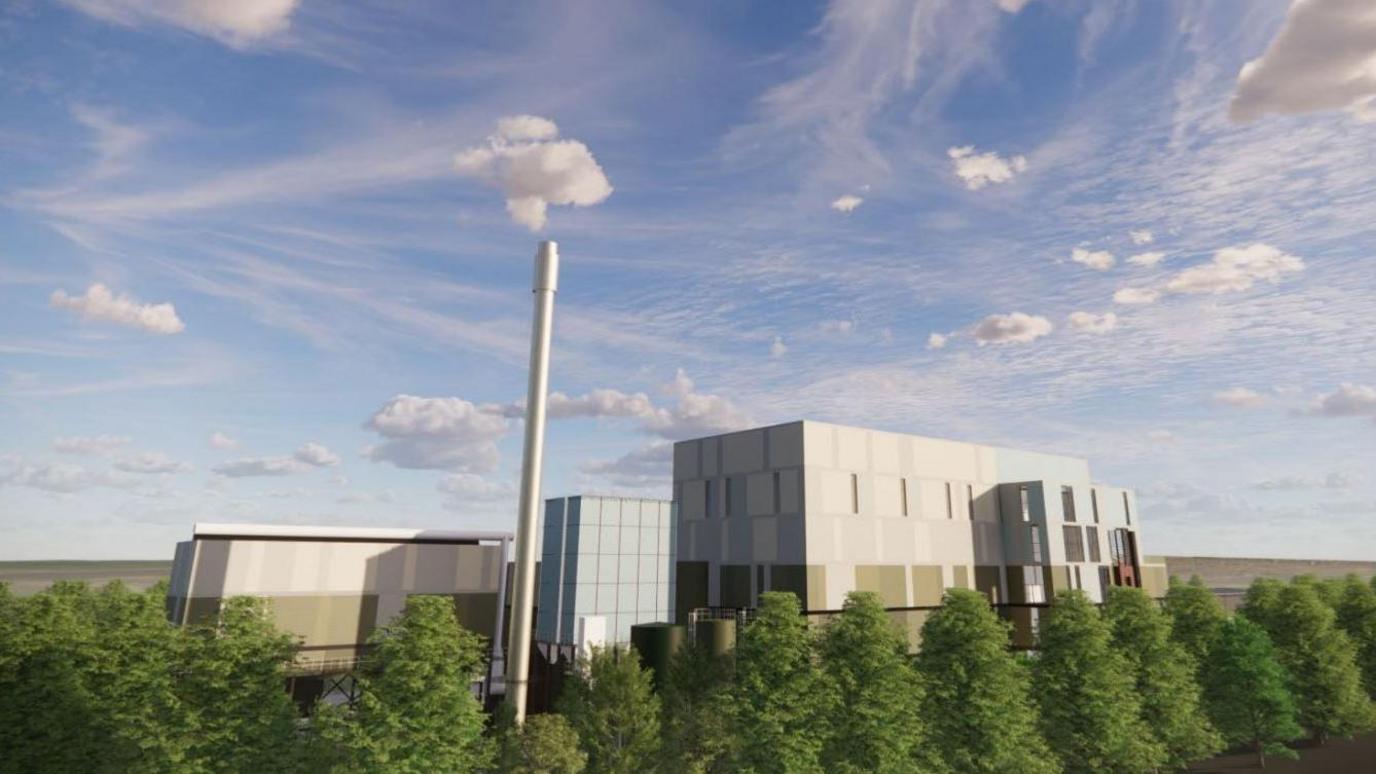
- Published29 May 2024
